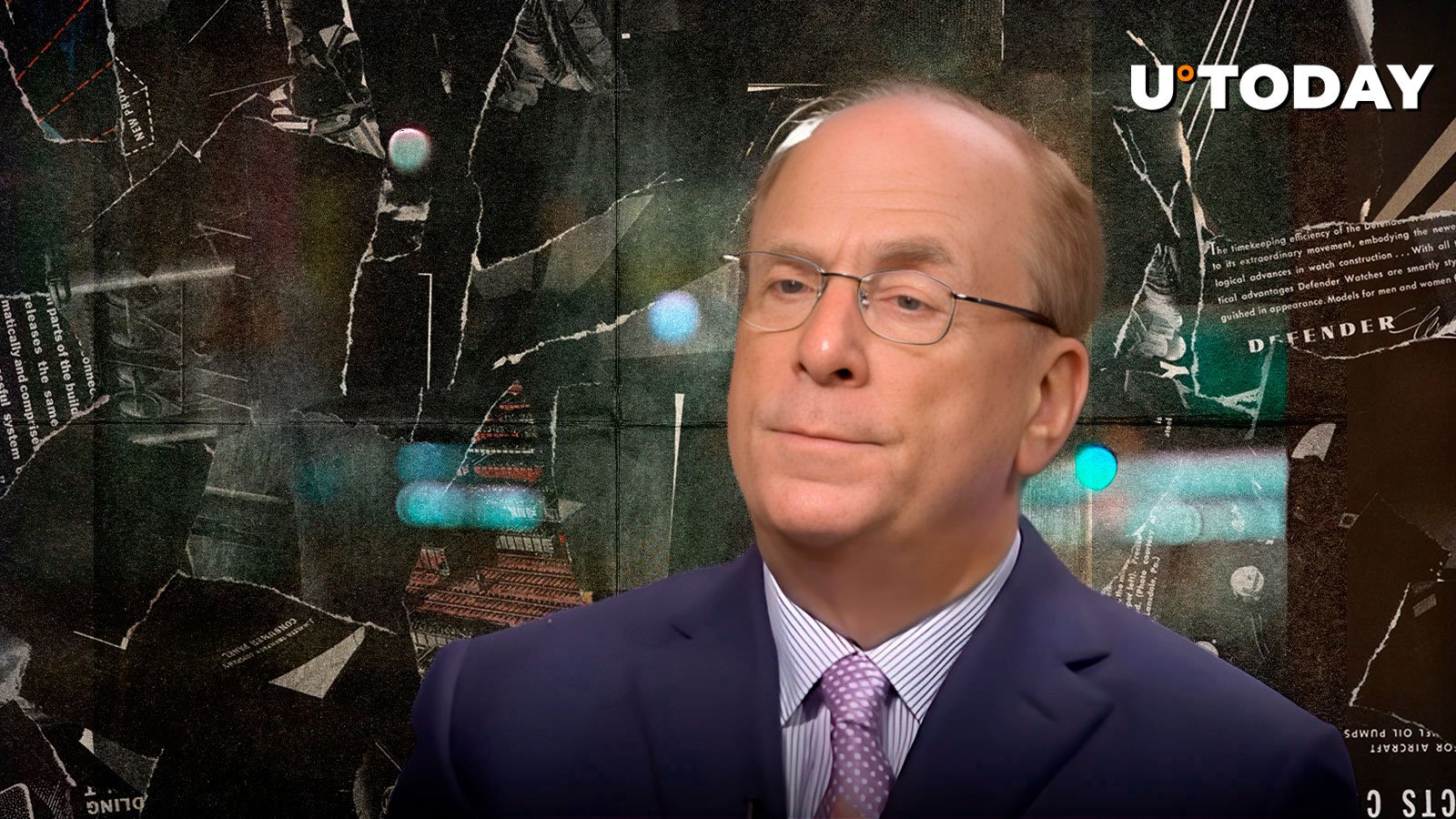The Rise of Bitcoin Reserves
Bitcoin reserves are becoming increasingly relevant across the globe, with countries like the United States and El Salvador incorporating cryptocurrencies into their financial frameworks. This movement represents a significant shift in financial technology and its adoption worldwide, aimed at stabilizing national funds.
Governments are now able to validate the proof of digital assets for public use while diversifying their portfolios to mitigate risks related to traditional market fluctuations. Recent developments in the United States could influence other nations, including India, to follow suit.
Strategic Moves by the US Government
The US administration's initiative to establish a strategic crypto reserve marks a pivotal moment in global financial policies. By acquiring Bitcoin and other major cryptocurrencies for national reserves, the government aims to position itself as a leader in the digital asset arena. This aligns with efforts to provide regulatory clarity, foster institutional participation, and create a framework for crypto-driven financial stability.
The forthcoming White House Crypto Summit is expected to shed more light on this strategy, potentially influencing global discussions on national Bitcoin reserves.
India’s Opportunities in the Crypto Space
As one of the largest economies with a burgeoning digital payments ecosystem, India stands to gain significantly from establishing its own Bitcoin reserves. With the widespread adoption of UPI (Unified Payments Interface), the country is already a frontrunner in digital payments, indicating a broad scope for cryptocurrency integration.
Creating a Bitcoin reserve could allow India to diversify its foreign exchange holdings, lessen its reliance on the US dollar, and utilize Bitcoin as an alternative asset. This move would complement government initiatives like the Digital Rupee, enhancing financial resilience and providing a hedge against inflation and currency depreciation.
Global Trends and Local Implications
As of 2025, numerous nations have adopted Bitcoin as a strategic reserve asset. For instance, El Salvador holds over 6,000 BTC, while Bhutan has mined 12,206 BTC. The United States has launched a Digital Fort Knox with 200,000 BTC, primarily from legal seizures, showcasing Bitcoin's growing importance in global finance.
A national Bitcoin reserve could also attract institutional investment into India's crypto ecosystem, driving innovation in blockchain-based financial services. A more progressive approach toward Bitcoin reserves could enhance India's appeal as a hub for digital asset innovation and economic growth.
Caution and Risk Management
However, establishing such reserves will require careful risk management due to Bitcoin's inherent volatility. A structured approach to reserve allocation and liquidity management is crucial. Furthermore, the selection of digital assets for national reserves should be thoroughly evaluated, as seen with the US's debates over including various altcoins.
The global trend towards Bitcoin reserves signals the onset of a new financial integration era between traditional and digital assets. For India, the challenge lies not in whether to embrace this change, but in how to do so while aligning with its economic and regulatory priorities. As the landscape evolves, a country's strategy regarding crypto reserves could critically shape its digital economy's future.









Comments
Join Our Community
Sign up to share your thoughts, engage with others, and become part of our growing community.
No comments yet
Be the first to share your thoughts and start the conversation!